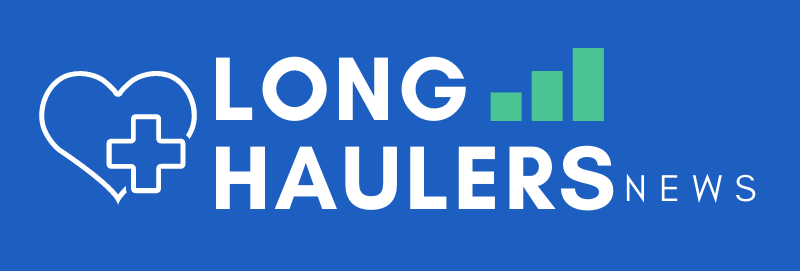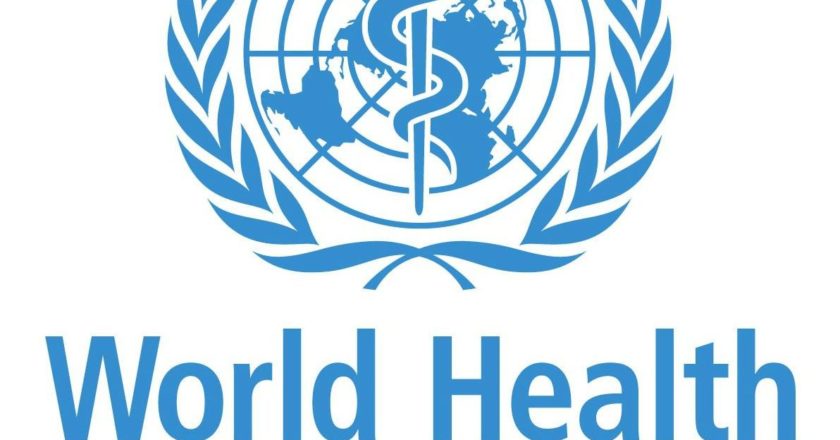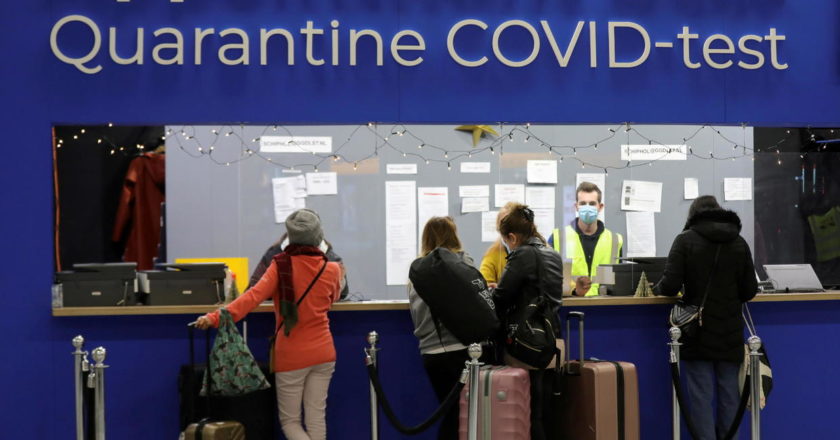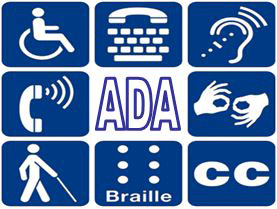COVID is here to stay: countries must decide how to adapt.
As new variants arise, the healthcare system continues to be overwhelmed. Vaccines and boosters were not able to be implemented soon enough to avoid the surmounting cases. COVID continues to leave hospitals understaffed, forcing children to engage in remote learning, and limit travel opportunities. Countries must accept that COVID-19 is not going anywhere, and they must create an action plan to handle all that the virus comes with. With the evidence of more variants emerging, there is added urgency to distribute supplies to countries that lack them. It is clear that the virus will continue to circulate. Now, we must rely more heavily on the advice of scientists.
To learn more, click here.










